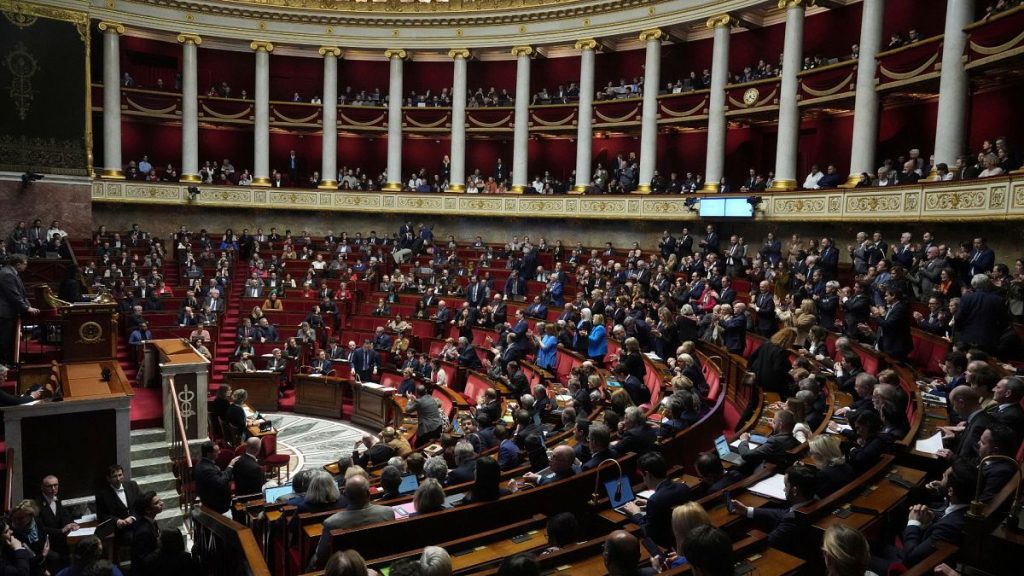The recent collapse of the French government, triggered by a no-confidence vote against Prime Minister Michel Barnier, has sent shockwaves through the French technology and innovation sector, jeopardizing years of carefully cultivated progress. The political instability, stemming from a hung parliament following June’s snap election, has created a climate of uncertainty, hindering investment, stalling hiring, and disrupting the implementation of crucial government initiatives designed to bolster the tech industry. Industry leaders express deep concern about the timing of this crisis, coinciding with a critical juncture for Europe to accelerate innovation and compete with global tech giants like the United States and China.
The sudden shift in the political landscape has undermined the predictability and stability essential for businesses to thrive. Start-ups and established tech companies alike are left in limbo, unable to make informed financial decisions or plan for the future. Venture capital has become hesitant, and the disruption has created a vicious cycle where delayed action leads to further loss of confidence and economic stagnation. The uncertainty surrounding government support programs, particularly the ambitious “France 2030” initiative, is particularly damaging. This €54 billion plan, designed to propel French industrial competitiveness and technological advancement, is now in jeopardy, leaving many start-ups, especially those in the deep tech sector, facing an uncertain future.
The timing of this political upheaval is particularly unfortunate, as it coincides with a crucial moment for European technological development. Experts emphasize the urgency of closing the innovation gap with the US and China, particularly in emerging fields like artificial intelligence. The Draghi report, released in September, underscored the need for Europe to prioritize innovation and invest strategically in technology. France, currently ranked second in Europe in global innovation indices, risks losing its competitive edge if the current political paralysis persists. The rapid pace of technological advancement demands swift action, and any delay could result in France, and by extension Europe, missing the “technology train.”
The consequences of this political instability extend beyond the tech sector, impacting the broader French economy and ultimately, its citizens. The interconnectedness of the economy means that when businesses struggle, the entire nation suffers. A weakened tech sector translates to lost opportunities for growth, innovation, and job creation. The uncertainty surrounding government policies and funding further exacerbates the problem, creating a ripple effect throughout the economy. Industry leaders urge President Macron to take decisive action, appoint a new prime minister swiftly, and work towards restoring stability and confidence.
The challenge for the incoming prime minister will be immense, tasked with uniting a deeply divided parliament and navigating the complex political landscape. The previous minority government, led by Barnier, relied on a fragile alliance with centrist and right-wing parties, falling significantly short of an absolute majority. The far-right National Rally party’s emergence as the largest party in the lower house further complicates the situation. Achieving consensus and implementing effective policies will require skillful negotiation and a willingness to compromise across the political spectrum.
The stakes are high for France and its tech sector. The current political turmoil threatens to derail years of progress and undermine the country’s position as a leader in innovation. A protracted period of instability will not only harm businesses but will also have far-reaching consequences for the French economy as a whole. The urgent need is for strong leadership, decisive action, and a renewed focus on creating a stable and supportive environment for technological advancement. The future of the French tech sector, and indeed the nation’s economic prosperity, hinges on the ability to navigate this challenging period and regain momentum in the global race for technological leadership.














